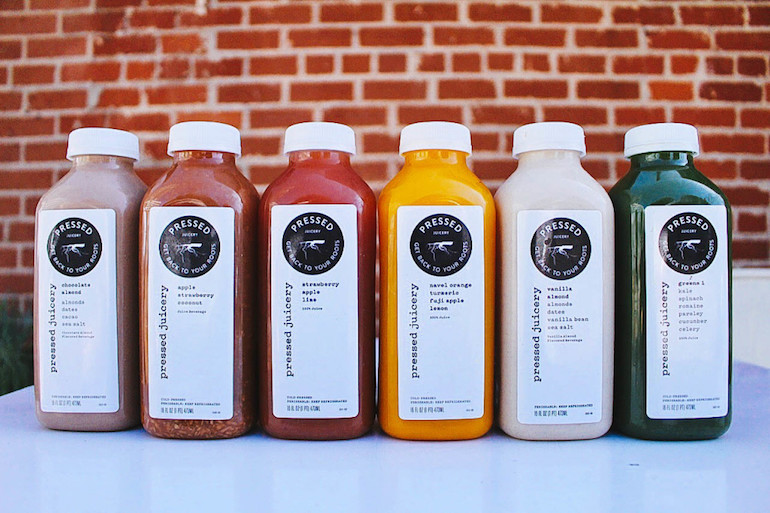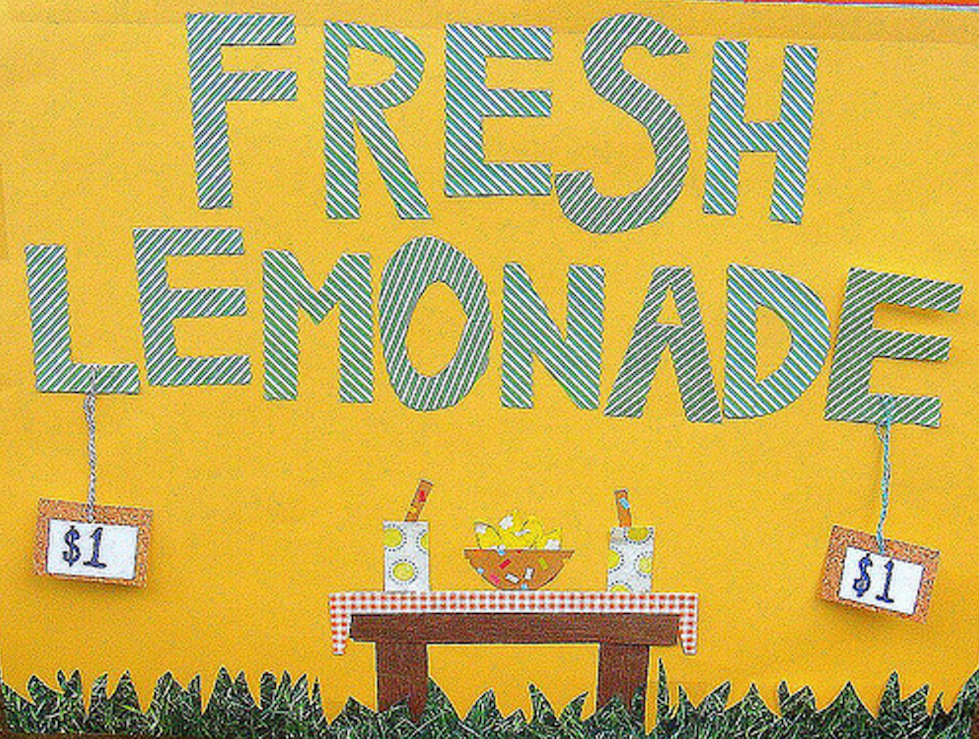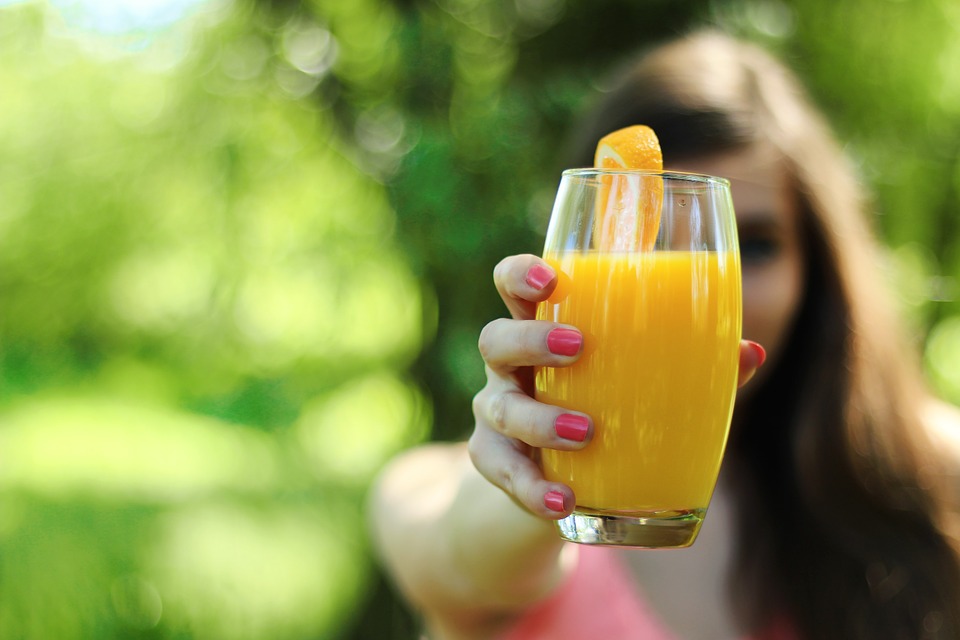Soda is evil. Soda will make you fat. Soda will ruin your health. This mantra has been adopted by many health-conscious people, giving our favorite flavored fizzy drinks a bad name.
However, new research has shown that fruit juice isn’t too hot, either. Firstly, juice isn’t as organic as we think. Don’t let the word “fruit”—something natural and actually healthy—fool you. Labels like “100% pure” and “not from concentrate” that are plastered on our favorite pomegranate or apple juice jugs aren’t exactly accurate. The process it takes to make these fruit juices requires adding artificial “flavor packs” regardless of the quality or brand of the beverage.

Photo by Maragaret Huang
More so, fruit juices can also pack in more sugar and calories than those wicked cans of soda. Some of you may ask: but isn’t the sugar in fruit fructose, something naturally occurring? And therefore healthy?
Yes…and no. When you turn fruit to juice you basically get rid of its fiber, releasing the fruit’s sugar, fast. Your cup of juice is basically a fructose bazooka.

Gif courtesy of giphy.com
The fructose then races to your liver, instantly spiking your blood sugar and insulin levels. These not-so-sweet sugar consequences outweigh the vitamin and mineral promises that fruit juices tout proudly.
Dr. Mark Hydman explains that eating fructose from fruit is healthy since “the amount of fructose you ingest is significantly lower than in sweetened beverages, and the metabolic effects of it are different because the increased intake of fiber, vitamins, minerals, phytonutrients, and antioxidants helps slow absorption and improve metabolism.” These are benefits absent from your glass of Florida’s Natural.
Also, the sugar content in fruit juices isn’t always from the naturally occurring fructose in fruits. Sometimes juices require added sugars; for example, lemons are naturally sour, so lemonade needs refined sugar to achieve its sweet and marketable taste. Don’t believe me? Squeeze a lemon into your mouth and tell me if you can taste any naturally-occurring sugars (I dare you).

Photo courtesy of @Amy Gizienski on Flickr
However, it’s difficult to identify what type of sugar is in each juice pouch since natural and added sugars aren’t separated in nutrition labels, and therefore juice vs. soda sugar content comparisons plastered on the internet don’t differentiate between these two types of sugars. But here are tips for how you can do it yourself.
Clearly, the aura of health surrounding fruit juices isn’t completely warranted, and is probably due to some sneaky and clever advertising. However, don’t let sodas get off the hook that easily—drinking excessive amounts can contribute to obesity, heart problems, and gout, among other serious health problems.

Photo courtesy of @Robin Corps on Flickr
Also, soda contains high fructose corn syrup (the ingredient all nutritionists hiss at), while fruit juices don’t, giving it the upper hand as the more dangerous drink. Need more convincing? Here are five reasons why high fructose corn syrup may kill you.
But fruit juices, which are bursting with sugar, can also cause similar diseases to soda if taken in excess, such as obesity, type 2 diabetes, and tooth decay, to name a few. And since these sugar-filled drinks don’t make us full, they still add calories by making us eat more overall. More so, since fruit juices have a reputation of being healthy, a person may be more inclined to grab a third glass of orange juice compared to a third can of Coca-Cola.

Photo courtesy of @Jeshoots on Pixabay
But every body is made differently and every diet requires balance. So while both drinks may be bad for you, as long as they’re seen as what they are—unhealthy treats—adding them to your diet may not be so bad. Balance is key, but if you want to opt for a healthier lifestyle, maybe skip the mango juice and eat an actual mango. Swap out your cherry juice for actual cherries. That way, you get full faster and add more fiber, antioxidants, vitamins, and minerals found naturally in the fruit to your diet and eat less sugar, to boot.
While the unhealthiness of fruit juice doesn’t excuse the crazy unhealthy nutrition labels on sodas, they hopefully will make you think twice before reaching for that huge jug of orange juice during your next shopping trip.


